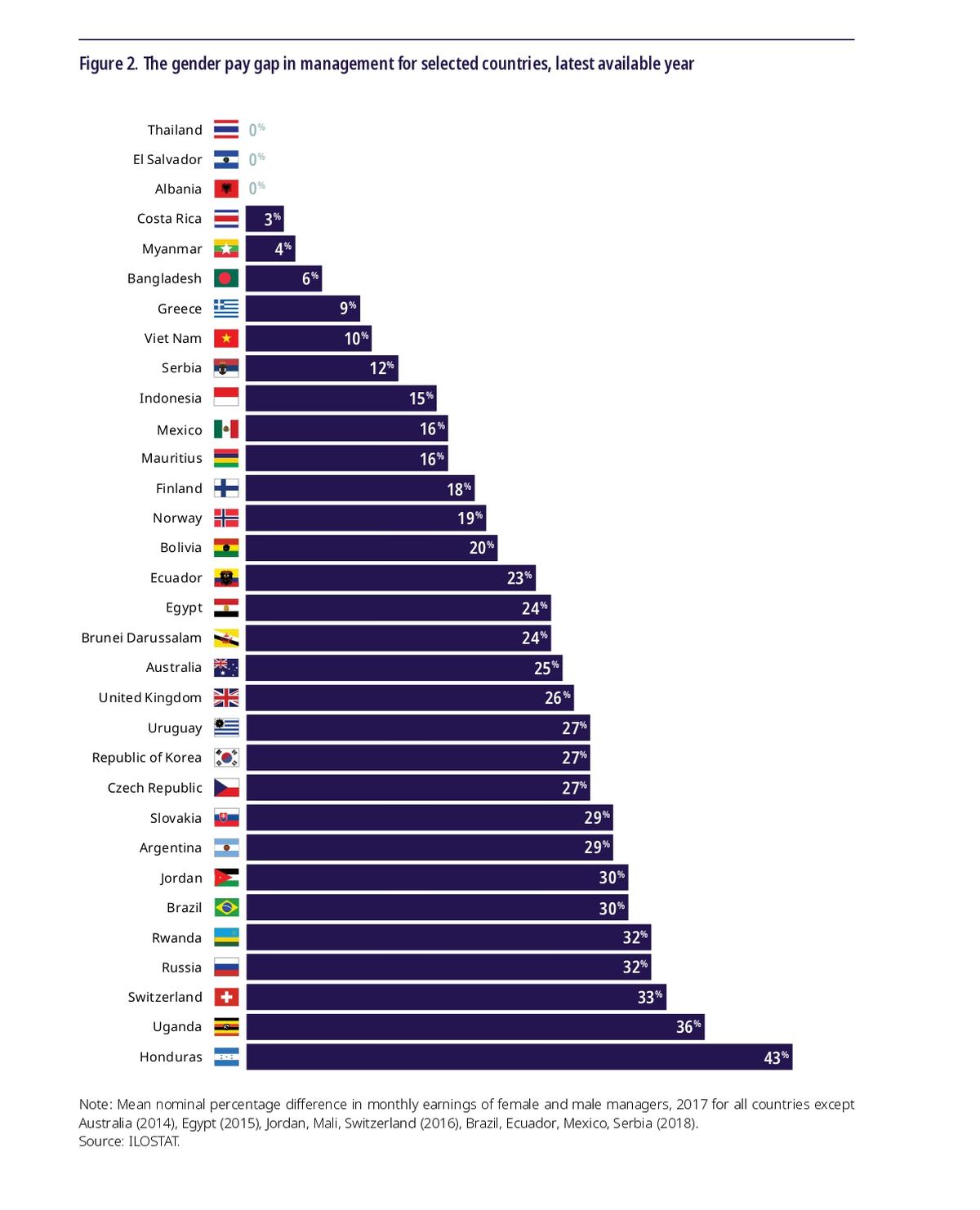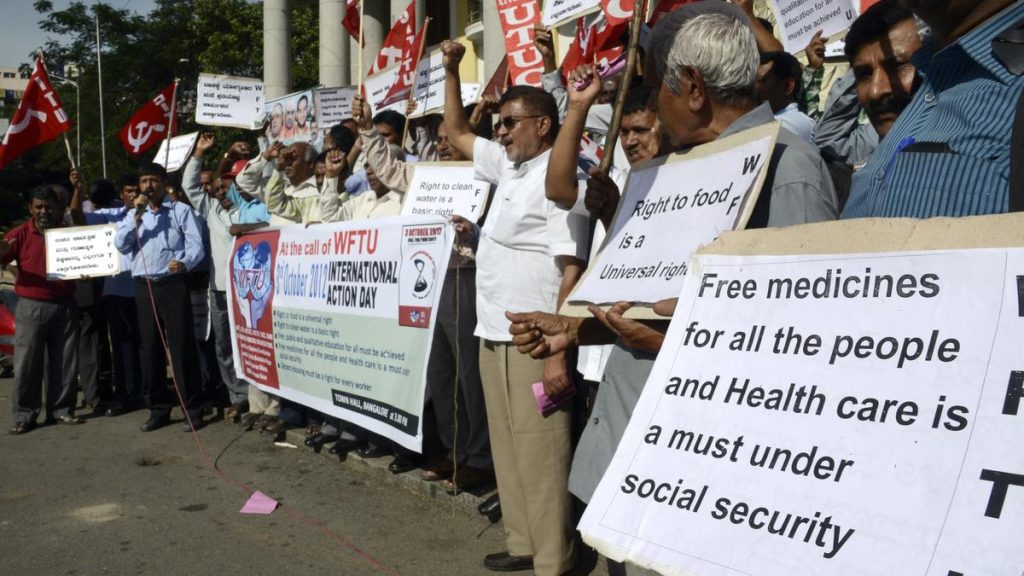
Decent work is a key part of the United Nations’ 2030 Agenda for Sustainable Development.
| Photo Credit: Sreenivasa Murthy V
With unemployment rates skyrocketing in recent years, finding a workspace, let alone a suitable workspace, has become extremely difficult. What is a suitable workspace, though? How do we identify whether the employment opportunity we have obtained is decent work or not?
Decent work refers to access to employment opportunities that respect the basic fundamental rights of an individual while adhering to the workers rights, fair income, workplace safety, and social protection. It’s a key part of the United Nations’ 2030 Agenda for Sustainable Development.
Did you know?
The International Labour Organization (ILO) coined the term “decent work” in 1999.
Some of the major elements that come under decent work include having a fair income, which allows the individual to meet their needs; a working environment or conditions that protect the individual’s physical and mental health; and social protection and security for the employee’s family. Apart from ensuring the fundamental rights of the individual are not infringed, there should also be opportunities for them to grow and develop in their workspace. This is applicable to not just the formal employment sector but also the informal and gig economies. If decent work is being provided, it not only helps in eradicating social issues like poverty but also creates a healthier and more just society.
Decent work also promotes sustainable development, which aims to meet the needs of the present without compromising the ability of future generations to meet their own needs. A critical role in this framework is played by decent work through contribution towards ensuring better social inclusion, economic stability, and environmental sustainability in the world.

Working challenges
Many workers worldwide still face significant challenges in accessing good jobs. A large proportion of workers, especially in developing countries, are employed in the informal sector. These jobs often lack social protection, job security, and fair wages while also being more vulnerable to exploitation and abuse due to lack of regulations and little recourse to legal protections. Moreover, with the coming of automation, artificial intelligence, and digital platforms in the labour market, there has been an increase in the constant threat of losing jobs. While these technological advancements can create new jobs, sectors like manufacturing and services have taken a hit. There is definitely a need for policies and programs that help workers acquire new skills and adapt to the changing labour market.
Did you know?
The World Day for Decent Work is on October 7 every year.
Globalisation has created a lot more opportunities for education and work around the world. However, it has also led to a rise in labour and employees being outsourced. This is often in countries with lower labour standards and wages because of a lack of manpower, resulting in poor working conditions for workers in developing nations. While this may lower costs for companies and accommodate capitalism, it may also lead to forced and child labour in unsafe working conditions. Decent work should be promoted, and such global inequalities must be addressed by ensuring that multinational companies uphold labour standards in all countries where they operate.
niranjana.ps@thehindu.co.in
Published – February 25, 2025 04:23 pm IST


